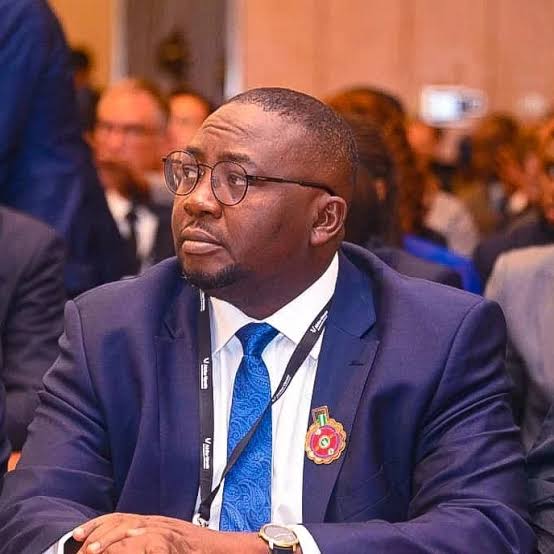The sixth batch of the Electric House Wiring Training program has begun, according to the Nigerian Content Development and Monitoring Board. The program’s goals are to improve Nigeria’s electricity infrastructure and promote local capacity building to drive economic growth.
BBN reported that, the three-week training started according to a press release by the board at the Akangba Regional Training Centre of the National Power Training institute of Nigeria in Lagos.
It stated that 50 trainees nationwide had been chosen, demonstrating its commitment to youth development and capacity building.
The Electric House Wiring Training initiative was an example of how NCDMB and NAPTIN worked together to improve Nigeria’s electrical infrastructure and promote local capacity building as a means of promoting economic growth.
The board stated that “The program’s goals were to increase job creation, improve safety standards, and support the country’s energy security goals by providing young people in Nigeria with the necessary training and credentials.”
During his speech, General Manager of NCDMB’s Capacity Building Division, Mr. Augustine Timbiri, reaffirmed the board’s dedication to building local capacity in partnership with NAPTIN. The supervisor CBD, Mr. Tobin Spiff, was present at the event.
Timbiri stressed how crucial the Electric House Wiring Training program is to closing skill gaps and lessening reliance on outside knowledge in the power industry.
He stressed the need of having the correct mindset to go along with technical abilities and advised the students to demonstrate commitment and perseverance during the training time.
Timbiri stated, “The Electric House Wiring Training project was designed to give young people in Nigeria the fundamental skills they need to construct electrical systems. It has a great deal of potential to advance the economy of the country.
“The curriculum intends to build a pool of qualified installers capable of satisfying the increasing demand for electrical services across diverse industries, with an emphasis on empowering indigenous talent and improving local content.
“He went on to say that participants in the training course will have thorough teaching and practical experience in electrical home wiring, leading to the granting of two certificates: a NAPTIN certificate of attendance and a private licence to work in the power industry.”
Earlier, in a welcoming speech, the Director General of NAPTIN, Mr. Ahmed Nagode, emphasized the significance of the program in filling up important gaps in the power industry. The Deputy Director of Training, Abdullahi Aliyu, represented Nagode.
He emphasized NAPTIN’s contribution to the country’s growth of its power infrastructure by offering programs aimed at boosting capacity and vital training.
In order to improve safety and efficiency, he stated the need of licenced installers in powering the nation’s facilities and the necessity of reducing reliance on uncertified installers.










